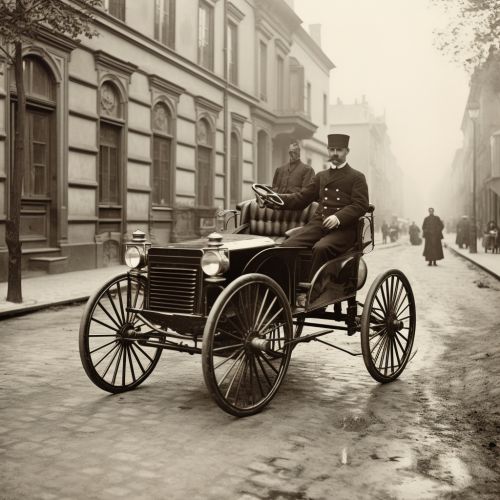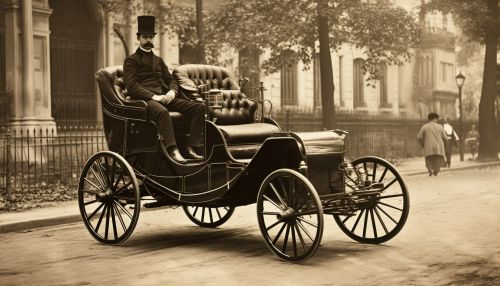History of the Electric Vehicle
Early History
The history of the electric vehicle (EV) dates back to the mid-19th century. The first practical electric vehicles were produced in the 1880s. Thomas Parker, a British inventor, built the first practical production electric car in London in 1884, using his own specially designed high-capacity rechargeable batteries.


Development and Popularity in the 20th Century
In the early 20th century, electric vehicles had a level of popularity due to their quiet and smooth operation compared to the gasoline cars of the time which were difficult to operate. However, advancements in internal combustion engine (ICE) technology and mass production of cheaper gasoline vehicles led to a decline in the use of electric propulsion vehicles.
Revival in the Late 20th Century
The energy crises of the 1970s and 1980s brought renewed interest in electric cars. Governments and automakers began to view the electric vehicle as a technology of the future. However, the high cost of batteries, relatively short travel range, and long recharging times compared to gasoline vehicles led to a worldwide decline in their use.
Modern Era
In the 21st century, interest in electric vehicles has resurged due to environmental concerns and the availability of newer battery technologies. Companies like Tesla and Nissan have led the way in the development of modern electric vehicles. The Tesla Roadster, introduced in 2008, was the first highway legal serial production all-electric car to use lithium-ion battery cells.
Future of Electric Vehicles
The future of electric vehicles looks promising with advancements in battery technology and growing awareness about environmental sustainability. Governments around the world are providing incentives to promote the adoption of electric vehicles. The development of solid-state batteries and wireless charging technology could further enhance the appeal of electric vehicles.
